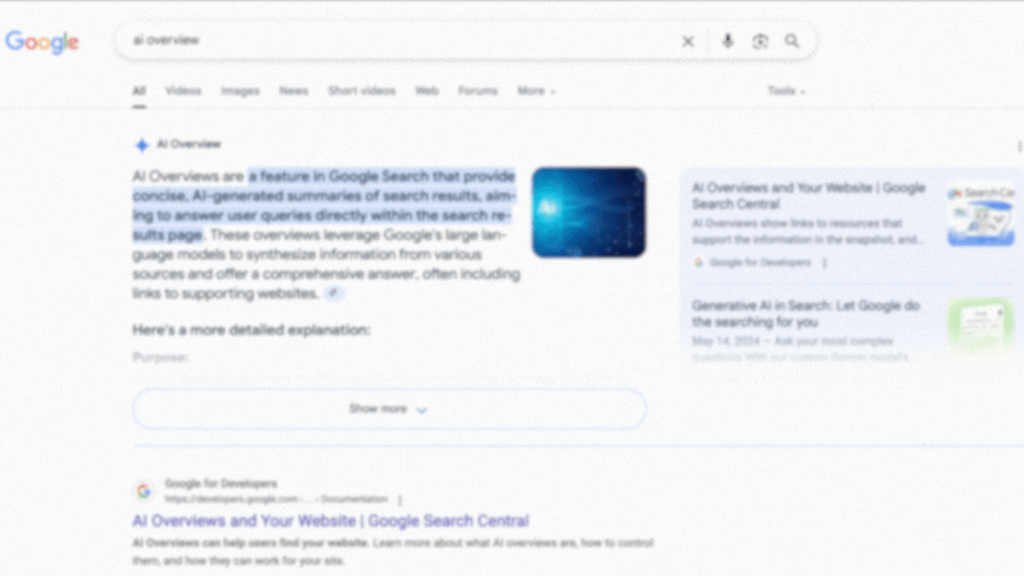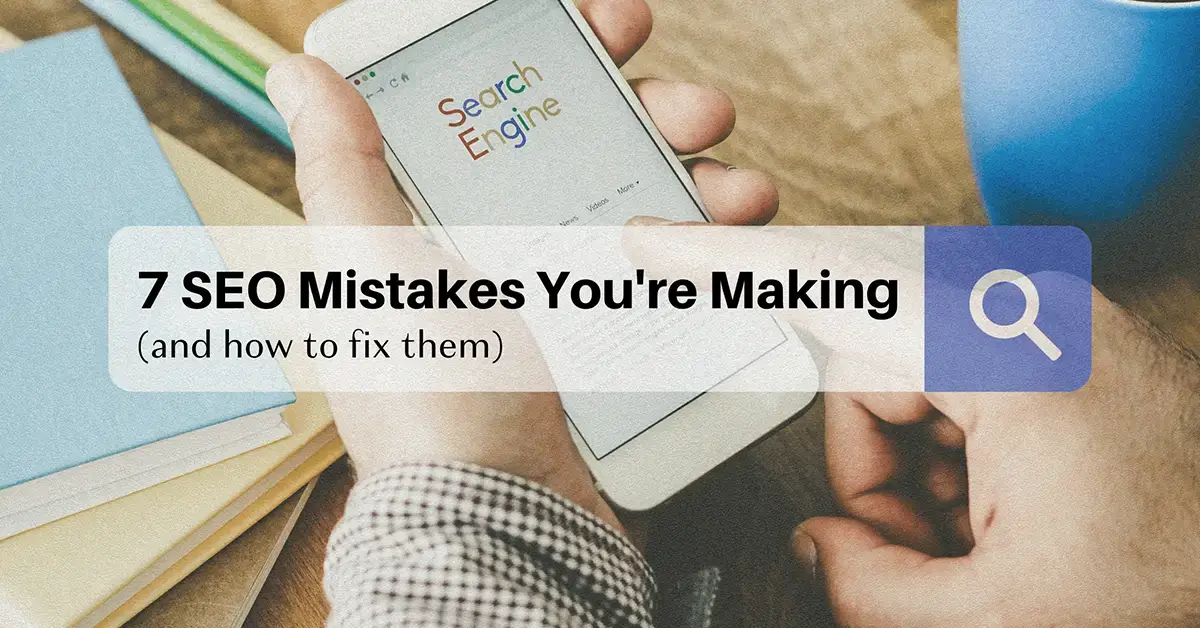

Search Engine Optimization (SEO) is critical to increasing visibility and enhancing the digital presence of your website. Without proper SEO, your beautiful designed website won’t be seen on the search engines. There are several common mistakes that can harm your site’s SEO performance. Understanding and rectifying these errors can significantly boost your website’s search engine ranking, traffic, and overall digital success.
Read more to learn about the common mistakes website owners make and how to fix them for an instant boost in SEO performance.
The first and perhaps the most critical mistake is the lack of a coherent SEO strategy. Just like any other marketing campaign, SEO requires a well-structured strategy that outlines your goals, target audience, and tactics to achieve those goals. If you’ve spent time and effort building a great website but neglected to formulate an SEO strategy, it’s akin to launching a ship without a navigation system—it might be well-built, but it’s not going to reach its destination.
To fix this, begin by defining clear SEO goals, whether it’s improving organic traffic, boosting brand visibility, or increasing conversion rates. Next, research and identify your target audience, understand their online behavior, and tailor your SEO efforts accordingly. Employ keyword research and competitor analysis tools to guide your SEO tactics.
With mobile devices accounting for more than half of all internet traffic, not optimizing your website for mobile is a significant SEO mistake. Google uses mobile-first indexing, which means it predominantly uses the mobile version of the content for indexing and ranking.
To correct this, ensure your website design is responsive and provides a seamless experience on all devices. Regularly test your site on various mobile devices to confirm its functionality, speed, and ease of use.
Although keywords play a crucial role in SEO, overusing them – a practice known as ‘keyword stuffing’ – can lead to Google penalizing your website. The modern SEO approach leans more towards context and relevance rather than keyword density.
To avoid this, use your target keywords judiciously within your content. More importantly, focus on creating valuable, high-quality content that is relevant to your audience.
Meta tags and descriptions are crucial parts of your webpage that help search engines understand your content. Neglecting these aspects can hamper your SEO efforts.
Always include unique and relevant meta descriptions and tags for each of your webpages. Make sure they accurately represent the content of your pages, and include your target keywords where relevant. There is best practice for the set up of meta tags and descriptions and how to properly utilize keywords in them without stuffing.
Backlinks are one of the strongest ranking signals in Google’s algorithm. Having no or poor-quality backlinks could severely affect your SEO performance. Should you be buying backlinks? Our short and simple answer to this question: no.
To build a strong backlink profile, create high-quality, valuable content that others want to link to. You can also reach out to reputable websites and suggest content that could be mutually beneficial to link. More on that in a later blog.
A slow-loading website is a big turn-off for users and can negatively impact your SEO. Google takes page speed into account when ranking websites. Understanding the importance of website speed and how to fix it is crucial for SEO efforts.
To improve your website’s loading speed, optimize your images, reduce unnecessary plugins, and leverage browser caching. Regularly check your website’s speed using tools like Google PageSpeed Insights.
Without tracking and analyzing your SEO performance, you cannot understand what’s working and what’s not. Ignoring this critical step can lead to wasted efforts.
Implement tools such as Google Analytics and Google Search Console to track your website’s performance. Analyze the data regularly to understand user behavior and adjust your SEO strategy as needed.
Avoiding these common SEO mistakes can greatly enhance your website’s visibility and ranking. Remember, SEO is not a one-time process but a continuous effort that involves constant learning, experimenting, and adjusting your strategies. By creating a solid SEO strategy and focusing on creating high-quality, user-friendly content, you’re setting your website up for digital success.
Crafting an effective SEO strategy and maintaining a focus on generating high-quality, user-centric content is a key step toward your website’s digital triumph. However, the all-encompassing nature of SEO might make it challenging for businesses to handle on their own, especially if they’re also managing other facets of their operations.
In light of SEO’s complexity and the critical role it plays in digital success, it may be beneficial to engage the services of a digital marketing agency that offers SEO services. Professionals can navigate the intricacies of SEO, stay updated with changing trends and algorithm updates, and have the skills and tools to implement effective strategies. By outsourcing your SEO needs to experts, you can focus more on your core business responsibilities while ensuring your website is set up for digital success.